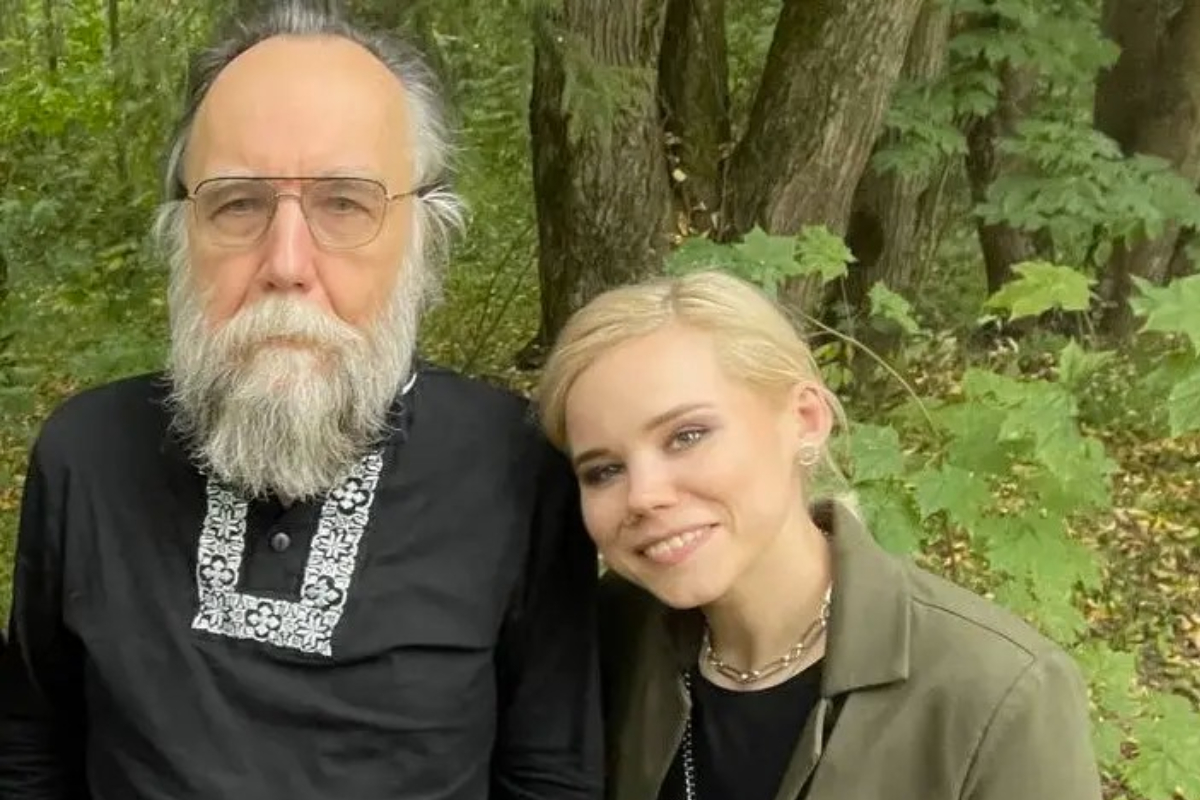The murder of the daughter of prominent Russian philosopher Alexander Dugin in Moscow was plotted by Ukrainian special services and carried out by a Ukrainian woman, Russian authorities said.
Darya Dugina (30), an author and journalist, was killed in a powerful car explosion on a highway 20 km west of Moscow on Saturday night.
In a statement, Russia’s Federal Security Service (FSB) said accused Vovak along with her daughter Shaban fled Russia through Pskov region of Estonia after the blast tore apart Toyota Land Cruiser Prado SUV driven by Darya.
“On the day of the murder, Vovk and Shaban were at the Tradition Literary and Musical Festival, where Dugina was present as an honored guest,” it said.
To carry out the attack, Vovk and his daughter rented an apartment in Moscow in the house where deceased lived.
As per the FSB, the accused used a Mini Cooper car bearing number plate registered in Donetsk, which Russia identifies as an autonomous region. She used a Khazakistani number plate in Moscow and another in Ukraine.
Darya’s father is considered close to Russian President Vladimir Putin. Her body was reportedly burnt beyond recognition.
The journalist’s father Alexander is a veteran Russian philosopher known for his staunch anti-Western and ‘neo-Eurasian’ views. He was spotted at the site of the incident looking in a state of shock.
Unconfirmed reports said the philosopher initially planned to leave the festival with Darya but later decided to take a separate car, while she took his Toyota Land Cruiser Prado, indicating that he could have been the potential target.
While the western media has painted Dugin as a driving force behind President Vladimir Putin’s foreign policy over the past decade, in Russia he is considered to be a marginal figure.
According to an RT report, while Dugin has served as an adviser to several politicians, he never really enjoyed official endorsement from the Kremlin. In 2014, he was fired from his position at Moscow State University after critics interpreted his call to “kill, kill, kill” those behind massacres in Ukraine, such as the Odessa tragedy, as a call for a genocide against the Ukrainian people.










